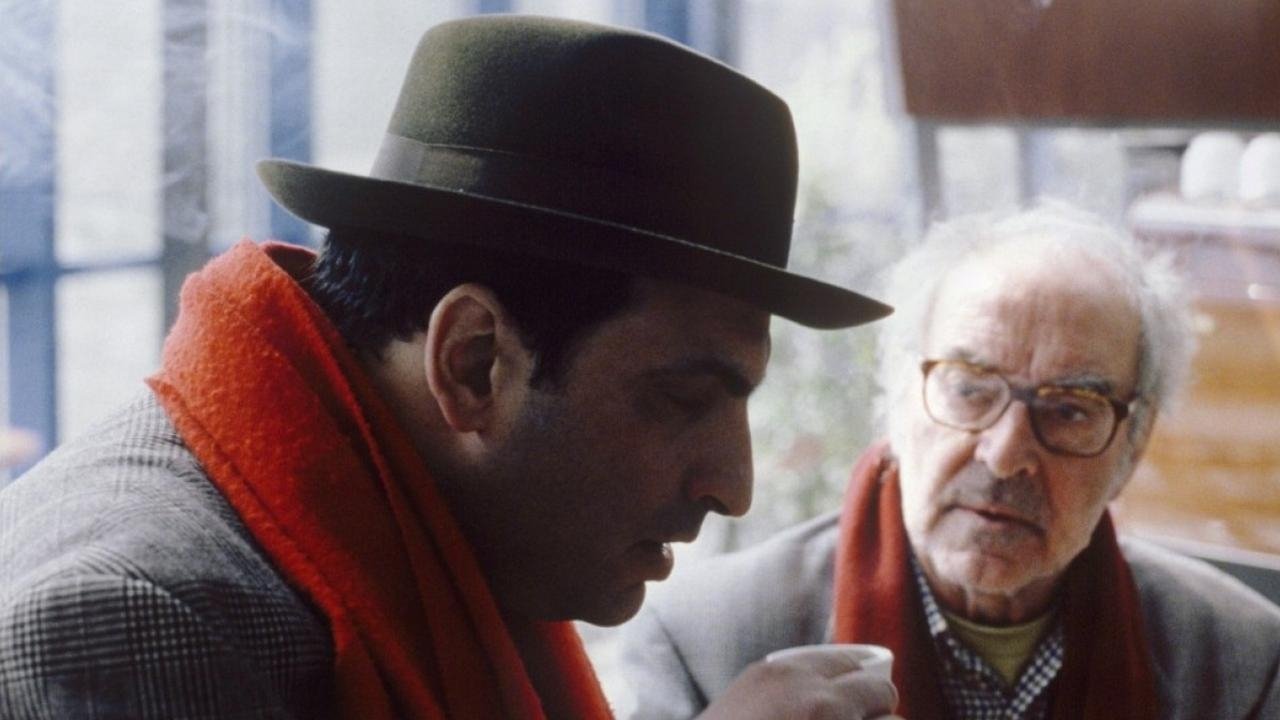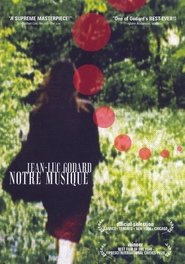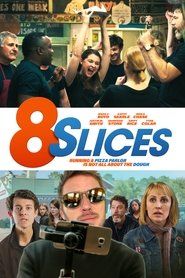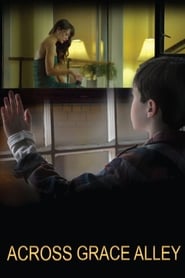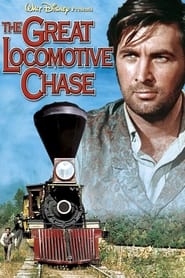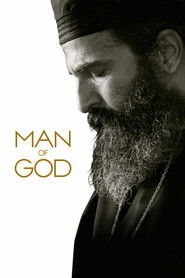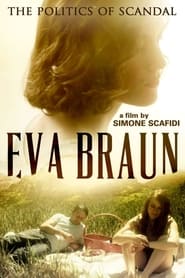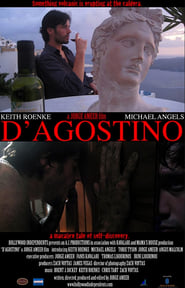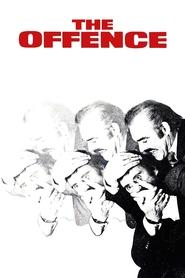
Video Sources 0 Views
Synopsis
Watch: Notre musique 2004 123movies, Full Movie Online – “Notre Music” is divided in three kingdoms: Hell, Purgatory and Paradise like in the Dante’s Inferno in the Divine Comedy. Hell shows footages of many wars; Purgatory mixes reality and fiction in Sarajevo; and Paradise is a surrealistic view of a beach “protected” by the American Marines..
Plot: Jean-Luc Godard’s poetic meditation on war, violence and defeat. The film is structured in three parts. The three segments are “Hell”, “Purgatory”, and “Heaven”. The first segment is a montage of war images from documentary and fictional sources. The second concerns two young Jewish women attending a European arts conference in Sarajevo. The final segment concerns the after life.
Smart Tags: #purgatory #hell #sarajevo #historical_fiction #violence #revolution #religion #politics #language #journalist #interview #homer’s_odyssey #embassy #director_cameo #airport #airplane
Find Alternative – Notre musique 2004, Streaming Links:
123movies | FMmovies | Putlocker | GoMovies | SolarMovie | Soap2day
Ratings:
Reviews:
film as literature
There are movies to help you relax on a Saturday night and there are movies that stimulate, even if that means asking questions that have no answers. I didn’t understand this movie but I still felt stimulated by its questions. I tried so hard to make the connections and I had a lot of trouble. But you don’t read Portrait of the Artist as a Young Man once without discussing it and expect to understand it. Nor is the more accessible Three Colors Trilogy meant to be seen only once for complete understanding. The quality of a movie is not determined by its accessibility. It’s a limited understanding of the medium to judge film by its accessibility. It can be more than an easy way to relax. It can be the impetus to dialogue. I cared about this movie because I didn’t understand it.
Review By: channinghjohnson
Godard at his most responsible as an artist
When you go on holiday, do you ever say, “Oh Look! Look at that”? How does sharing it make it different for us? How is the experience lessened when we don’t have another person there?A scientist measures position and momentum of a particle, but no matter how accurate the measurements, there is always an uncertainty in the results. This Nobel Prize theory is known as ‘Heisenberg’s uncertainty principle’ and has profound implications for physics and philosophy. (At the atomic and sub-atomic level, an act of observation noticeably affects what is being observed.)
Godard mentions Heisenberg through one of his (Heisenberg’s) anecdotes. Godard’s main interest is funnelled through the cinematic device of shot/reverse angle shot. He examines how it can enlarge understanding of deeper issues. In Notre Musique, Godard is protagonist not for political ideology or social comment. He is flag-bearer. For film. For poetry. For film-as-poetry. Like Maya Deren in her copious writings on cinematic theory, he shoulders the burden of artist-filmmaker with all seriousness, proffering a new language. A different way to view the world. He becomes the lens. We make it our camera.
“Heisenberg and Bohr,” he says, “were walking in the Danish countryside, talking about physics. They come to Elsinore Castle. The German scientist said, ‘Oh, there’s nothing special about this castle.’ The Danish physicist said, ‘Yes, but if you say, “Hamlet’s Castle,” then it becomes special.’
Godard stars as himself in this mix of documentary, fiction and montage. He is speaking about on text and image, at the European Literary Encounters Conference in Bosnia. In the Heisenberg story, ‘Hamlet’s Castle’ becomes a literary ‘shot/reverse shot.’ Godard concerns us with the power of romanticism. His takes on Israeli-Palestinian conflict are refreshingly non-judgemental. Notre Musique calls for a revolution of creative force, “that reinforces memory, clarifies dreams and gives substance to images.” Continuing his discourse on the power of the ‘real’ and the ‘poetic,’ Godard explains how, “the Jews become the stuff of fiction: the Palestinians, of documentary.” (Look at the cinematic output of both, and how Palestinians are defined largely in relation to Israel.)
One storyline concerns two young girls visiting Sarajevo – a place ‘where reconciliation seems possible.’ Judith is an Israeli journalist. She interviews, among others, Palestinian intellectual and celebrated poet, Mahmoud Darwich. (In Darwich’s work, Palestine becomes a metaphor for the loss of Eden, for birth and resurrection, and for the anguish of dispossession. As with Heisenberg, this contextual reference is not explained in the film itself. Understanding them is not essential but does enrich the enjoyment of Notre Musique. ) Also at the Encounters is Olga, a Jewish-French student of Russian descent. She videos Godard’s lecture and tries to give him a copy. In some ways, she is an alter-ego, a ‘shot/reverse shot’ of Judith.
The concept of dialogue (in a non-verbal sense) is developed as Godard critiques ‘shot/reverse shot’ as part of his lecture. This cinematic device, usually used when two people are talking to each other, reverses the camera so we see each person seemingly from the other’s viewpoint as they speak. The angle provides a mental continuity for us, even though both people are not on screen together. The actual change in camera angle, now a convention, is not really 180 degrees but anything from 120 to 160. The person is slightly offset, rather than directly facing the camera (which would also appear more confrontational).
Notre Musique is one of Godard’s most responsible, articulate and accessible works. Which makes it doubly shameful that many critics failed to expend the minimal energy required to engage with it, preferring instead to give a banal description that belies their clocking-on superficiality, and usually finishing with a self-satisfied dismissal by ‘cleverly’ observing that Godard has slightly misquoted something or that his ideas are too hard to follow. As if that mattered. (A more mature analysis was given by BFI writer Michael Witt who said the film, “functions simultaneously as a bulwark against the tyranny of received ideas and as a laboratory for the generation of fresh perspectives.”) Notre Musique is structured into a somewhat artificial triptych of Hell, Purgatory and Heaven. The first covers the horrors of war through the ages up to the present. The second, mental scars left on survivors. The brief ‘heaven’ follows what might probably have been part two’s tragic conclusion (related by a disembodied voice over a phone at the end of the second act). Cinematography and editing have all of Godard’s hallmark crispness. Some of the subtitling is sloppy, even misspelling Bohr’s name (something that will irritate adherents of form over substance).
A glimpse of a penguin near the beginning gives it an almost anthropological tone, man portrayed as obsessively armed for the extermination of his own kind. Descending from the ‘age of fable,’ the hollowness of popular morality is hinted at briefly. A woman on her knees beseeches a soldier. The Lord’s Prayer is quoted, “Forgive us our trespasses, as we forgive those who trespass against us.” Irony is underlined in a refrain, “As we forgive them, and no differently,” which is twice repeated. It is not a song that has carried much weight against war. Can the music of artists and poets do any better? Recently I watched a multiplex trailer for ‘this summer’s movies.’ It asked, and ‘answered’ everything I supposedly ‘want’ from films. Thrills. Excitement. Explosions. Laughs. Being whisked off to an imaginary world. And so on. I listened to the end of the list waiting in vain for something like, “being mentally stimulated.” If you are also unsatisfied by the surfeit of cinematic trash that puts your brain on hold, this film might be for you. If, however, like the critics who simply rate it against competing blockbusters and find it lacking, you maybe do not wish to exercise any of those mental muscles then, like this humble review, it will not be the welcome sunbeam that makes or doesn’t make your summer.
Review By: Chris_Docker
Other Information:
Original Title Notre musique
Release Date 2004-05-19
Release Year 2004
Original Language fr
Runtime 1 hr 20 min (80 min)
Budget 0
Revenue 0
Status Released
Rated N/A
Genre Drama
Director Jean-Luc Godard
Writer Jean-Luc Godard
Actors Sarah Adler, Nade Dieu, Rony Kramer
Country France, Switzerland
Awards 1 win & 6 nominations
Production Company N/A
Website N/A
Technical Information:
Sound Mix Dolby
Aspect Ratio 1.37 : 1
Camera N/A
Laboratory N/A
Film Length N/A
Negative Format 35 mm
Cinematographic Process N/A
Printed Film Format 35 mm
Original title Notre musique
TMDb Rating 6.689 28 votes
Director
Director


